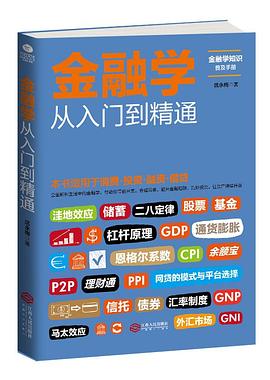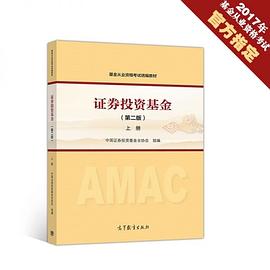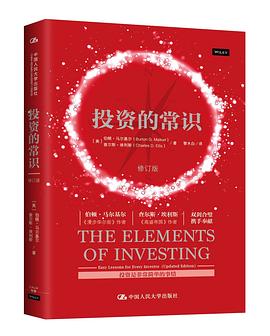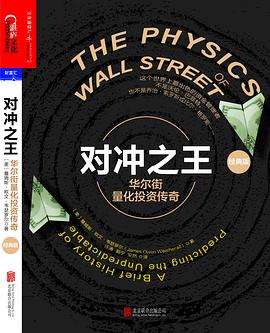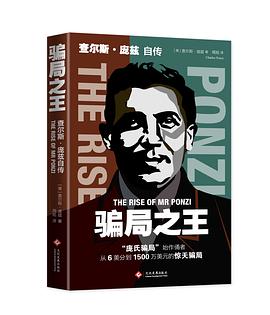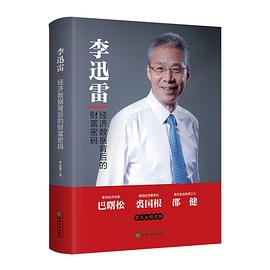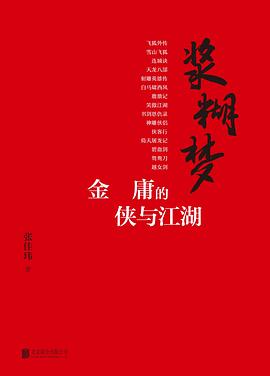
具体描述
Ray Dalio, one of the world’s most successful investors and entrepreneurs, shares the unconventional principles that he’s developed, refined, and used over the past forty years to create unique results in both life and business—and which any person or organization can adopt to help achieve their goals.
In 1975, Ray Dalio founded an investment firm, Bridgewater Associates, out of his two-bedroom apartment in New York City. Forty years later, Bridgewater has made more money for its clients than any other hedge fund in history and grown into the fifth most important private company in the United States, according to Fortune magazine. Dalio himself has been named to Time magazine’s list of the 100 most influential people in the world. Along the way, Dalio discovered a set of unique principles that have led to Bridgewater’s exceptionally effective culture, which he describes as “an idea meritocracy that strives to achieve meaningful work and meaningful relationships through radical transparency.” It is these principles, and not anything special about Dalio—who grew up an ordinary kid in a middle-class Long Island neighborhood—that he believes are the reason behind his success.
In Principles, Dalio shares what he’s learned over the course of his remarkable career. He argues that life, management, economics, and investing can all be systemized into rules and understood like machines. The book’s hundreds of practical lessons, which are built around his cornerstones of “radical truth” and “radical transparency,” include Dalio laying out the most effective ways for individuals and organizations to make decisions, approach challenges, and build strong teams. He also describes the innovative tools the firm uses to bring an idea meritocracy to life, such as creating “baseball cards” for all employees that distill their strengths and weaknesses, and employing computerized decision-making systems to make believability-weighted decisions. While the book brims with novel ideas for organizations and institutions, Principles also offers a clear, straightforward approach to decision-making that Dalio believes anyone can apply, no matter what they’re seeking to achieve.
Here, from a man who has been called both “the Steve Jobs of investing” and “the philosopher king of the financial universe” (CIO magazine), is a rare opportunity to gain proven advice unlike anything you’ll find in the conventional business press.
用户评价
读完感觉只是 just so so 的理性思考建议和管理者日常原则,都是各处可见的通泛道理,没有剑走偏锋的个人妙招,失望。
评分##结合Ray Dalio个人经历和他现在的成就来读这本书 每个原则背后的故事比小说还精彩 一个人可以活得这么坦荡和执着
评分 评分##收获比较多的还是第一部分,不过关于risk parity是他本人提出的还是Dr. Qian真是有待商榷。最近美国业内对他骂声偏多…hmm…还是期待下他的下一本principles吧
评分##书的副标题应是:知识密集型企业管理原则及操作指南。我虽然倾向于不认同,但这句话可能是真的:成功的想法和成功的人是不可分割的。你可以说达里奥的思路非常理性主义、非常机械论的,但在人对自身和组织的管理上,确实可能尚有许多可以理性和机械的方式改进的空间。
评分##Rational, practical, logical.
评分##Rational, practical, logical.
相关图书
本站所有内容均为互联网搜索引擎提供的公开搜索信息,本站不存储任何数据与内容,任何内容与数据均与本站无关,如有需要请联系相关搜索引擎包括但不限于百度,google,bing,sogou 等
© 2025 book.tinynews.org All Rights Reserved. 静思书屋 版权所有


